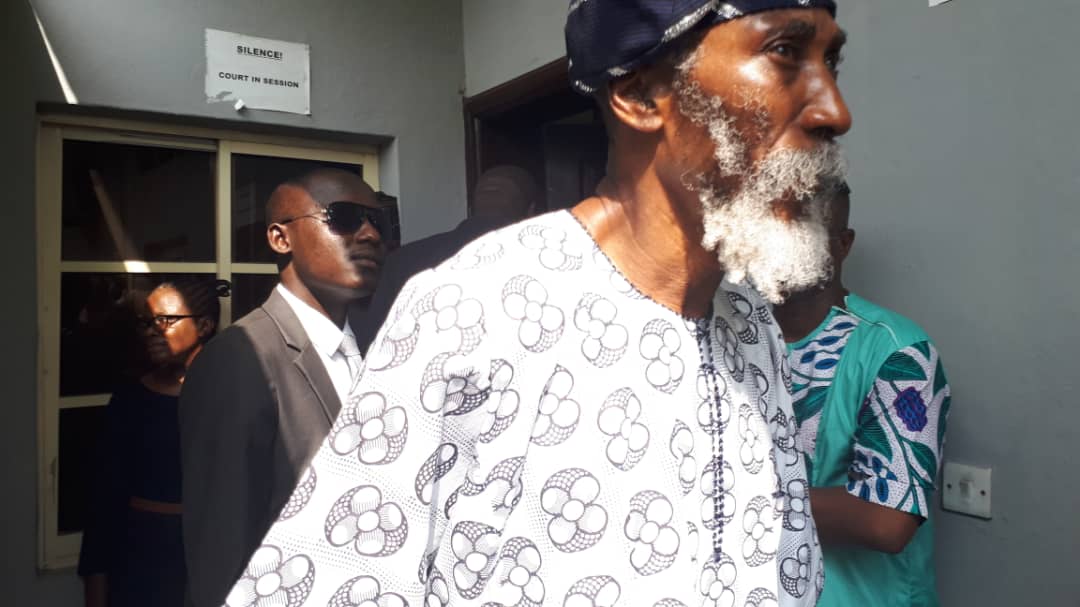A naval captain, Dada Labinjo, who sued the Nigerian Navy over his protracted detention by the Nigerian Navy since last year September, is set to be arraigned by the Economic and Financial Crimes Commission (EFCC) at the Lagos Division of the Federal High Court.
Mr Labinjo had on August 8 secured victory against the Nigerian Navy in a human rights violations case filed on his behalf.
Mr Labinjo is set to be arraigned on Monday before Justice Muslim Hassan on a two-count charge.
Mr Labinjo had on August 8 secured victory against the Nigerian Navy in a human rights violations case filed on his behalf by his lawyer, Jerry Omoroghe.
Justice Chuka Obiozor who heard the matter and delivered judgement had said the Nigerian Navy has no rights both under the 1999 Constitution and the Armed Forces Act to detain him for so long without charging him to court.
Mr Obiozor had also ordered that he be released from detention unconditionally and his confiscated mobile phone returned to him.
The order was ignored by the Navy and there had been calls by civil societies for his release.
Mr Labinjo’s wife, Bola Labinjo, who is also a Lieutenant Commander in the Nigerian Navy, had been arraigned in August by the EFCC alongside four others for allegedly dealing in petroleum products without lawful authority.
Mrs Labinjo and her co-defendants, Jonathan Abaka alias Joe Boy, Charles Agaba, Benjamin Gageche, Hamza Yakubu and a vessel, M.T. Adeline Jumbo, were arraigned on two counts before the same Justice Obiozor.
The EFCC told the court that the defendants conspired among themselves between August and October 2018 to deal in Automobile Gas Oil (diesel), without the appropriate licence.
According to the EFCC, the defendants committed the offence “within the Nigerian maritime domain and the Gulf of Guinea.”
The prosecution said they acted contrary to sections 3(6) and 1((19)(a)(b) of the Miscellaneous Offences Act Cap. M17 Laws of the Federation of Nigeria (Revised Edition) 2004, and were liable to be punished under Section 1(17) of the same Law.







